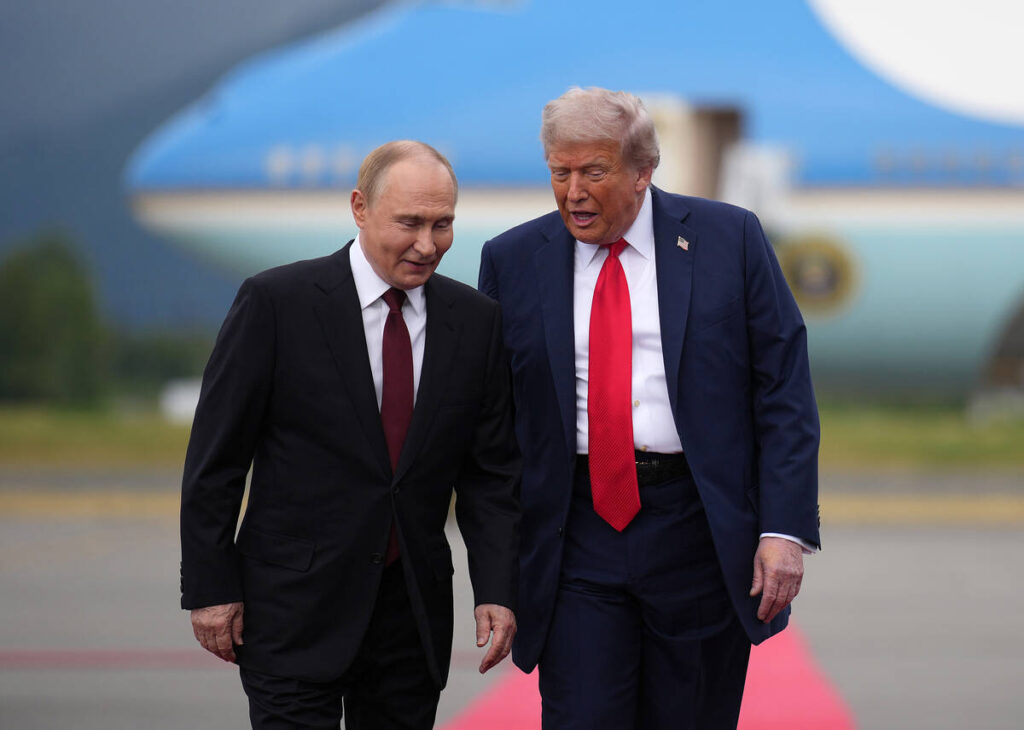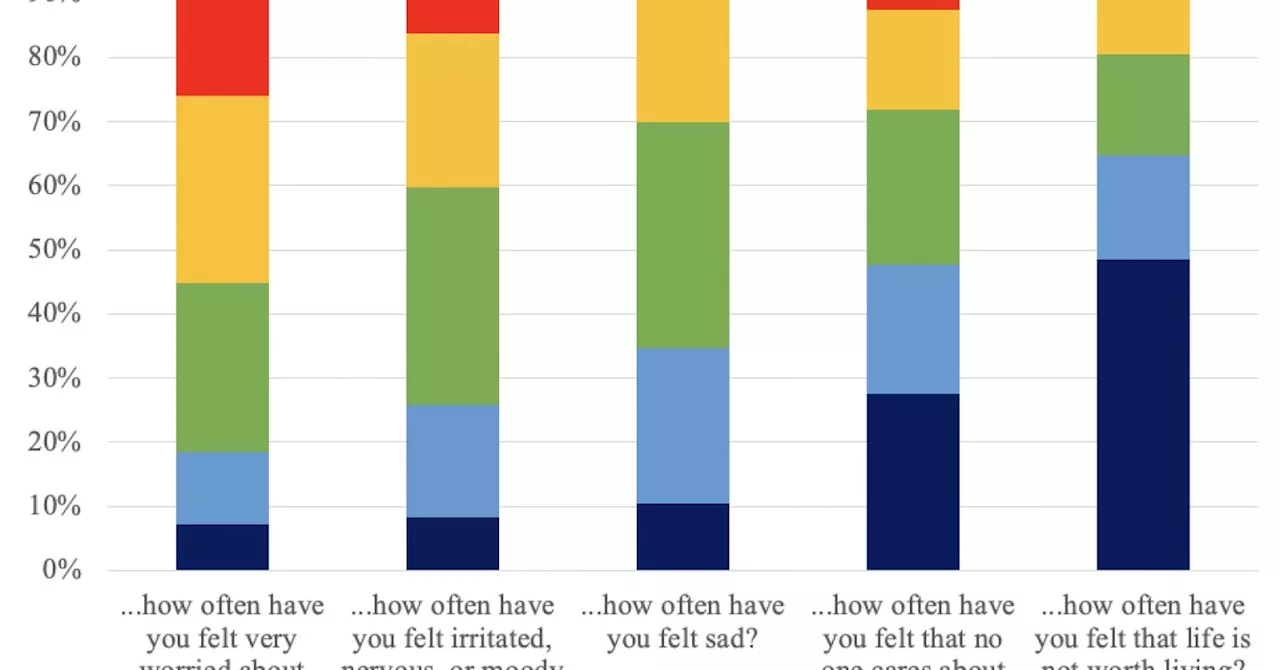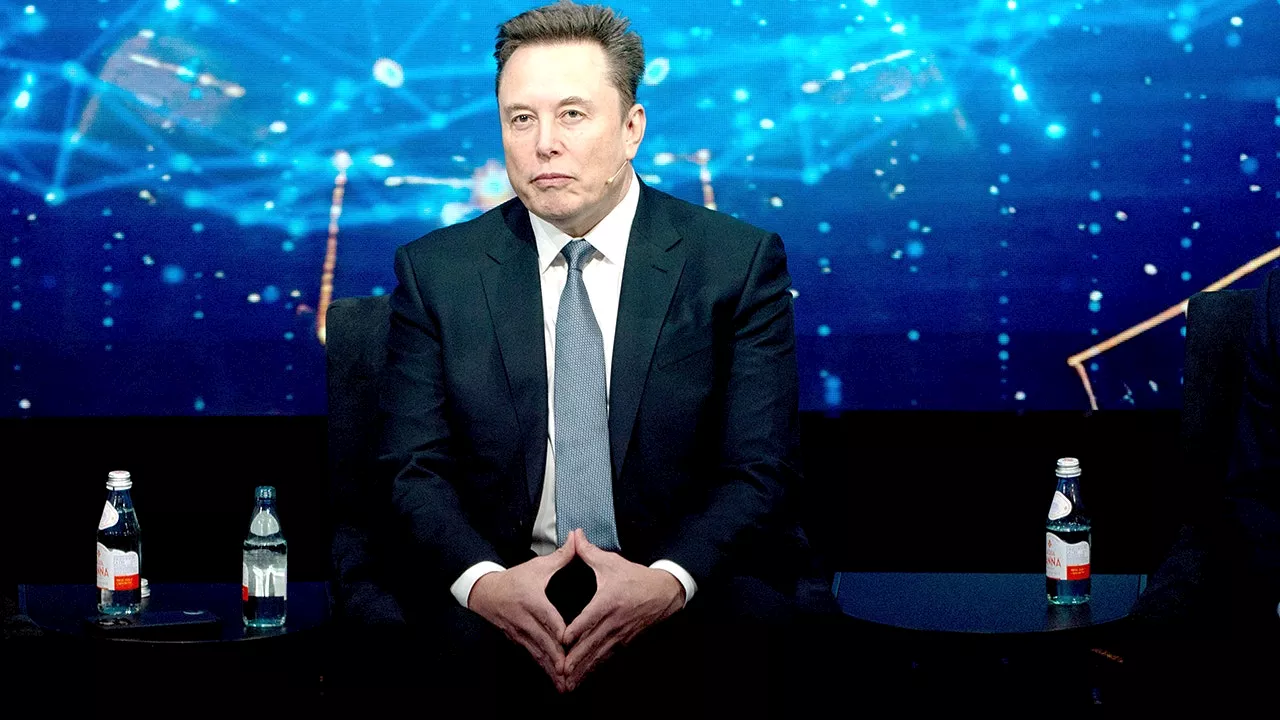
The recent summit in Alaska has sparked intense criticism following a meeting between former U.S. President Donald Trump and Russian President Vladimir Putin. Observers noted a stark contrast between the American leader’s welcome of a controversial figure and the ongoing conflict in Ukraine, raising significant concerns about U.S. foreign policy and its implications for democratic nations.
During the summit, President Trump extended a red carpet to Putin, which many interpreted as an endorsement of aggressive tactics against sovereign states. Critics argue that this gesture signals a troubling shift in U.S. policy, where aggression is perceived as acceptable. In stark juxtaposition to this warm reception, Ukraine continues to face a formidable threat, battling a much larger adversary amid ongoing military aggression.
Media coverage of the summit has also drawn scrutiny. Discussions largely focused on potential strategies for Ukraine, such as minimizing territorial concessions and securing “security assurances,” while neglecting to address the broader implications of Trump’s engagement with Russia. Notably absent from most narratives was a critical examination of Trump’s apparent appeasement of Putin and the lack of repercussions for Russia despite numerous missed deadlines regarding a ceasefire.
The Republican Party, which previously condemned the approach of former President Barack Obama to foreign policy, has largely remained silent on Trump’s actions. In past years, Republicans expressed outrage over Obama’s hesitation to take military action in Syria following the use of chemical weapons, emphasizing the need to maintain American credibility on the world stage. Yet, under Trump’s leadership, the response to Russia’s actions appears less assertive, raising questions about the party’s consistency in foreign policy principles.
Trump’s statement that “it’s up to Volodymyr Zelenskyy” regarding Ukraine’s future has been met with disapproval. Critics assert that it is the responsibility of the U.S. president to take decisive action in supporting Ukraine, rather than shifting the burden onto Ukrainian leadership. They argue that the path to ending the conflict should involve a robust policy of increased military support for Ukraine and economic pressure on Russia, rather than a mere state visit to appease Putin.
Historically, the U.S. has positioned itself as a defender of democracy around the globe. The current approach, perceived by many as weak and unprincipled, poses significant risks not only for Ukraine but for the broader international order. As discussions surrounding U.S. foreign policy evolve, the implications of the Alaska summit will likely continue to resonate, influencing both domestic political dynamics and international relations in the months ahead.







